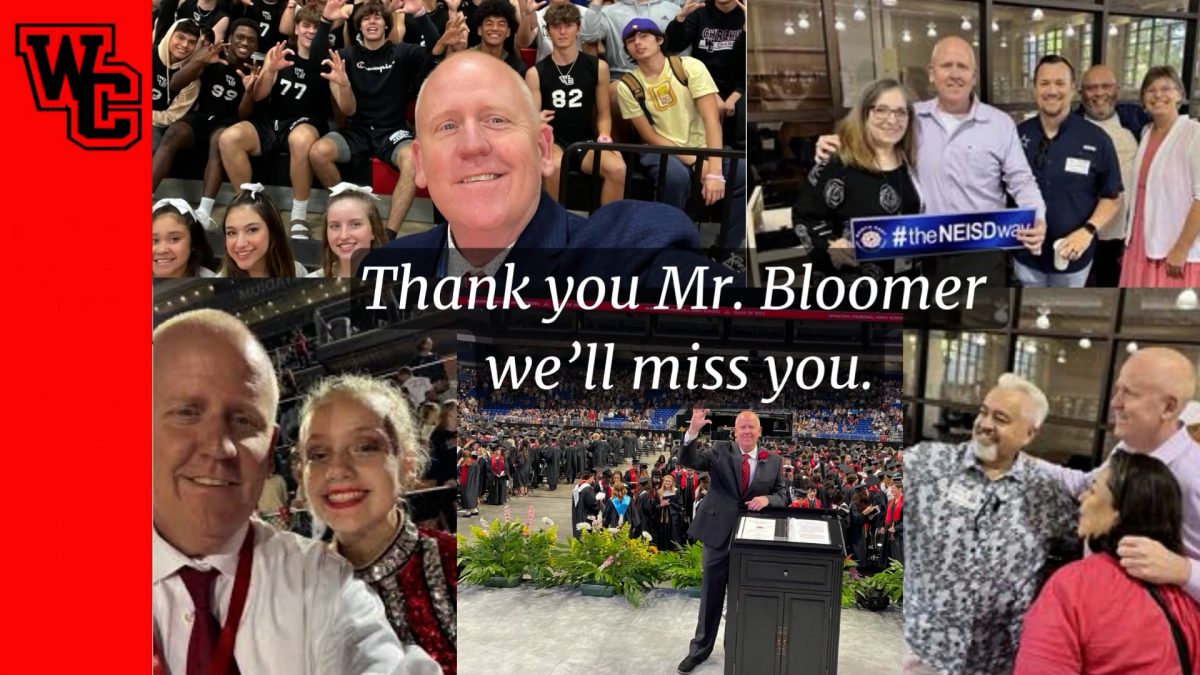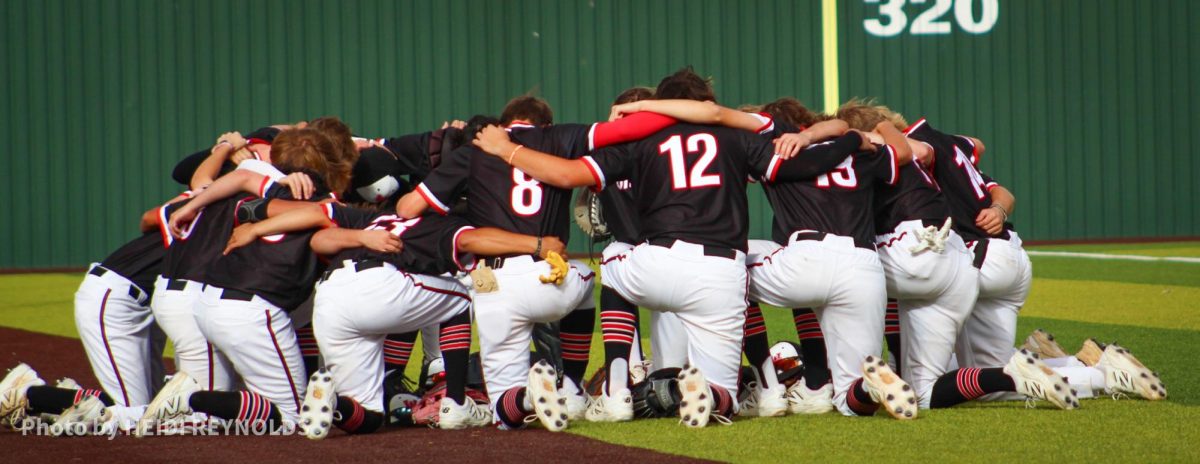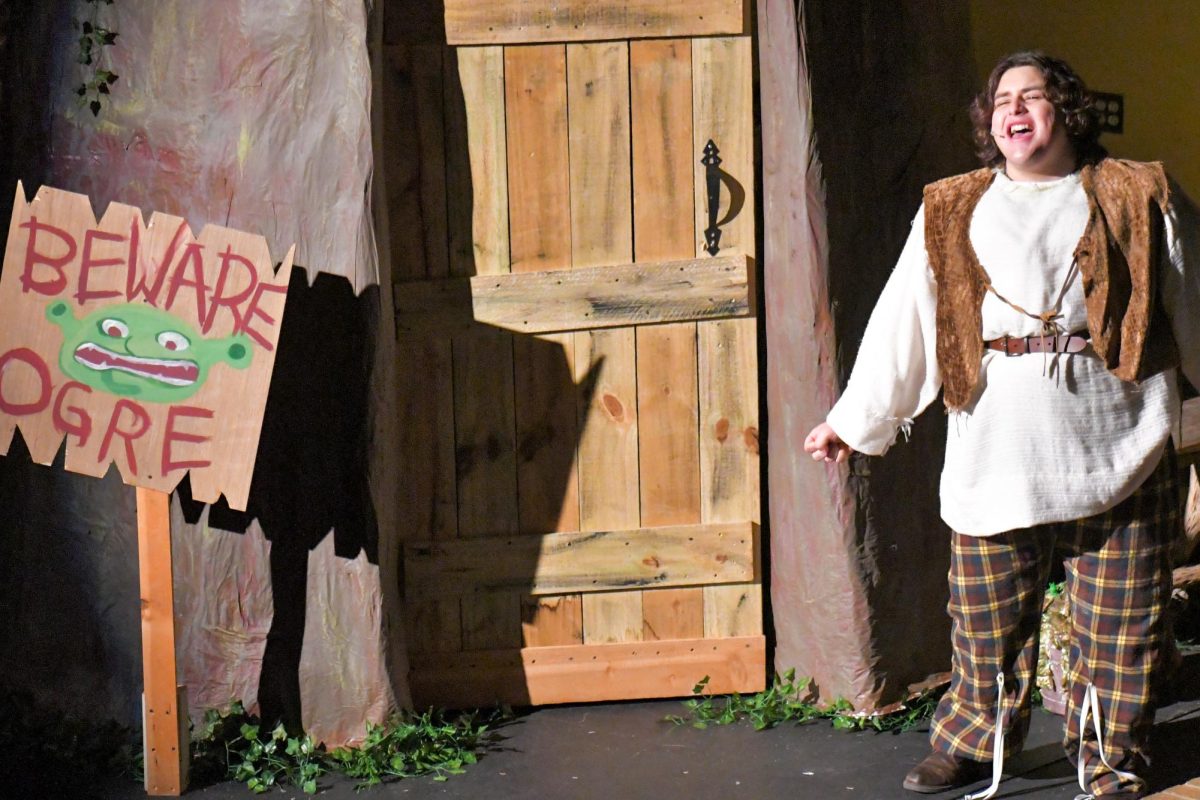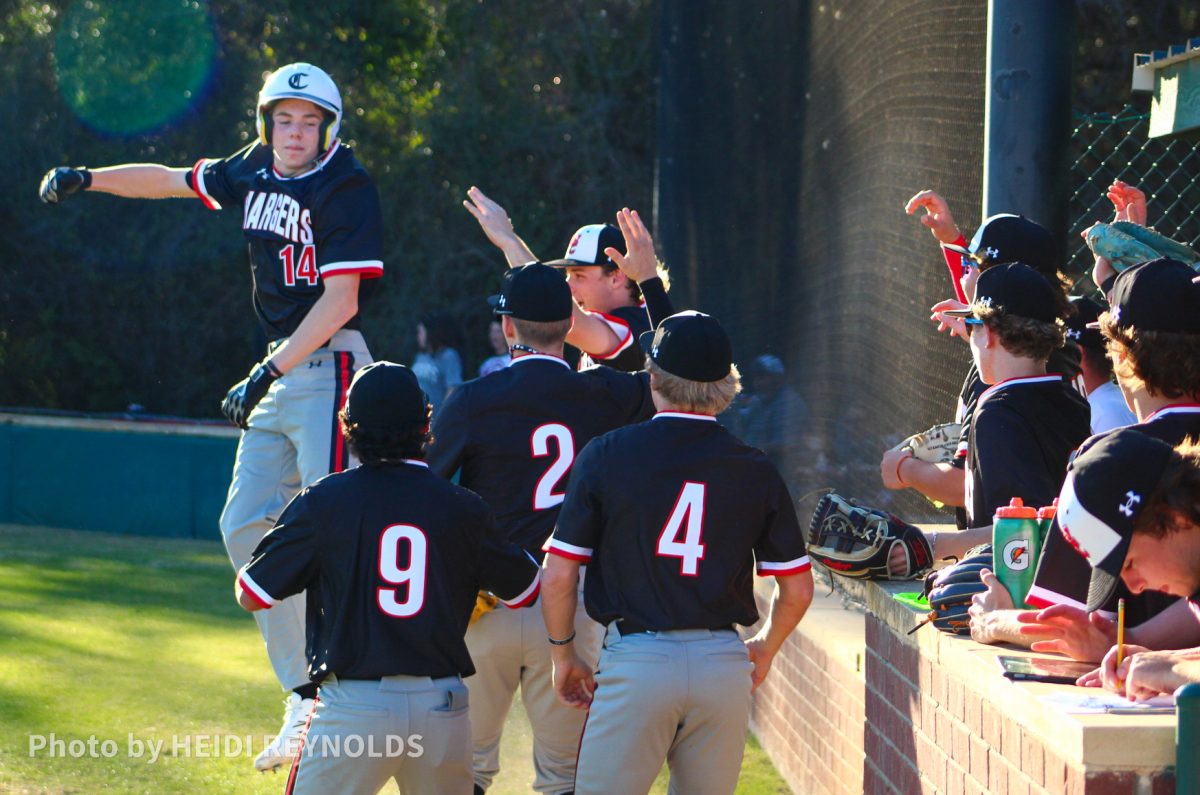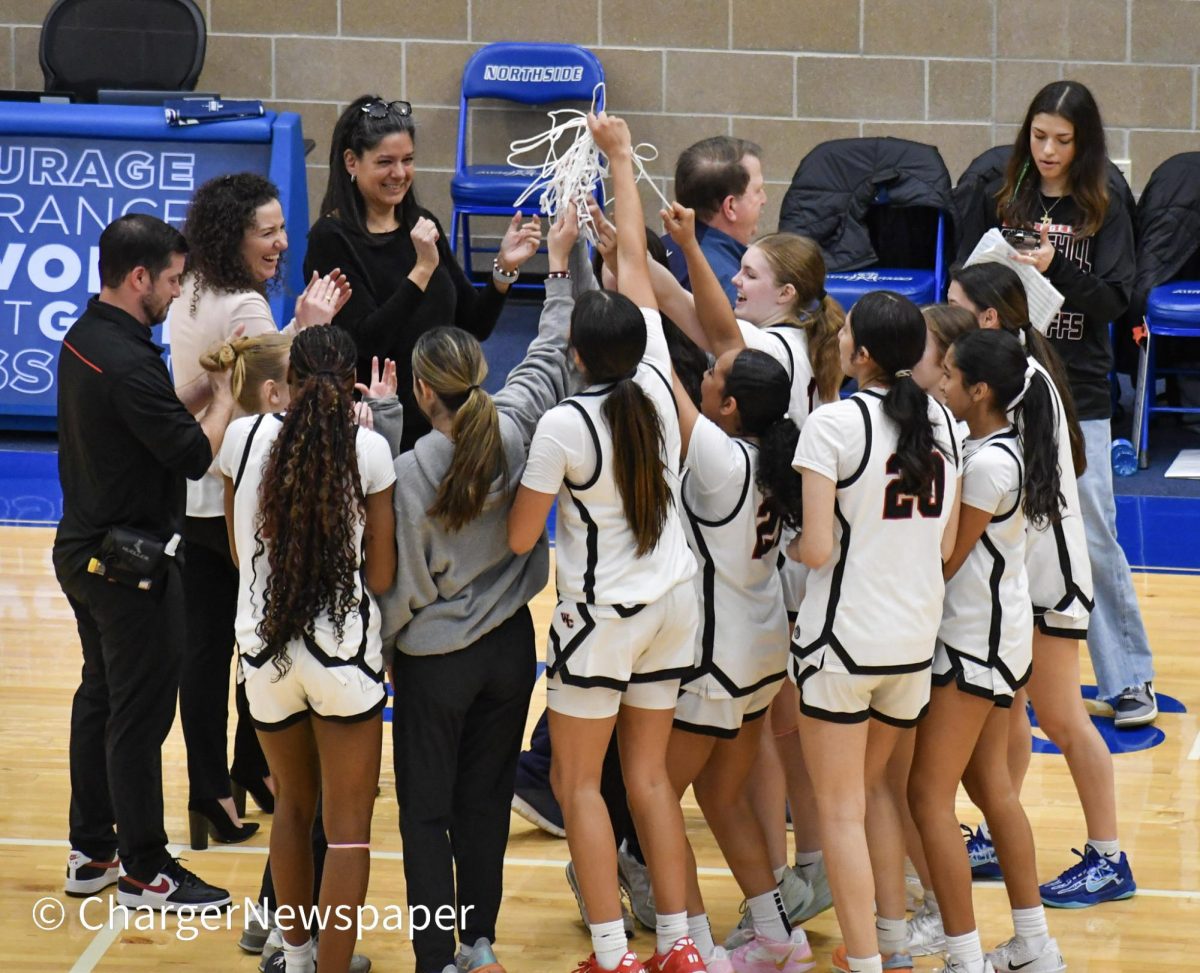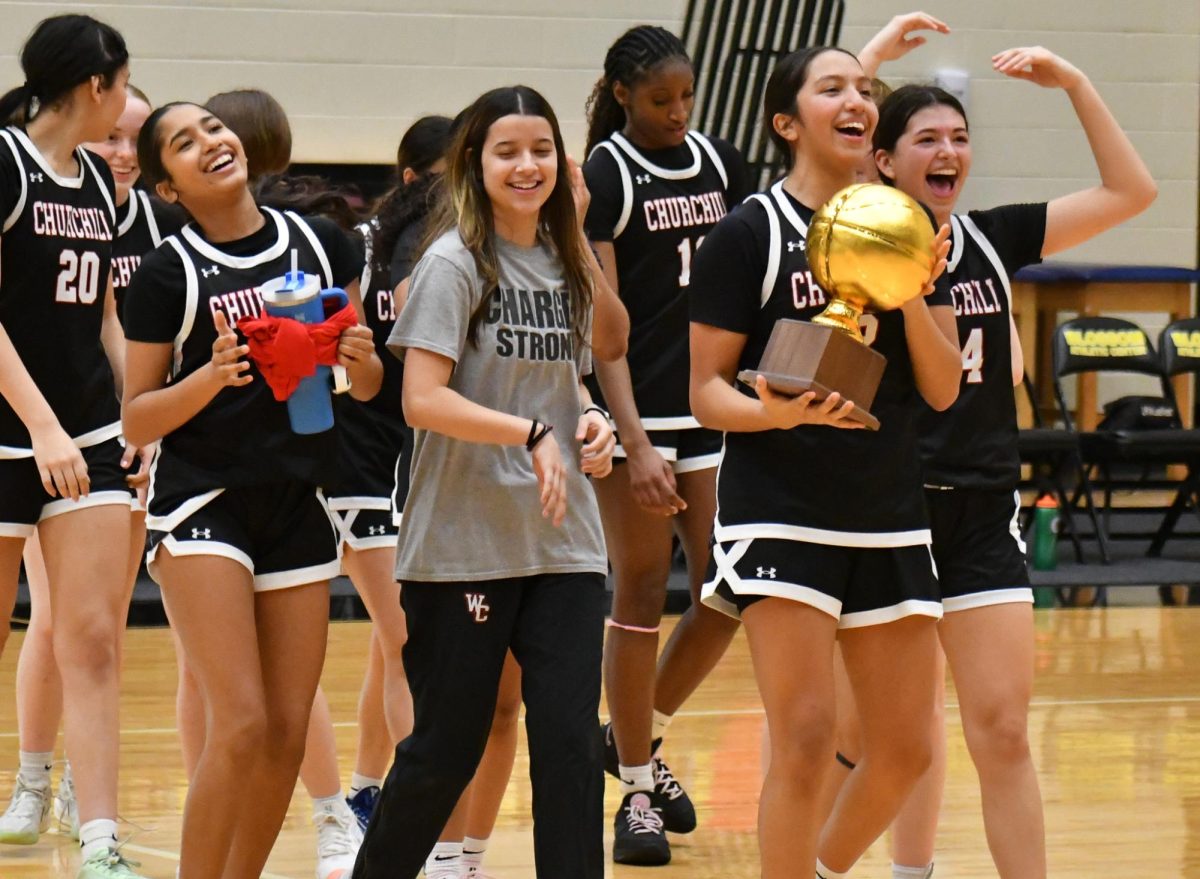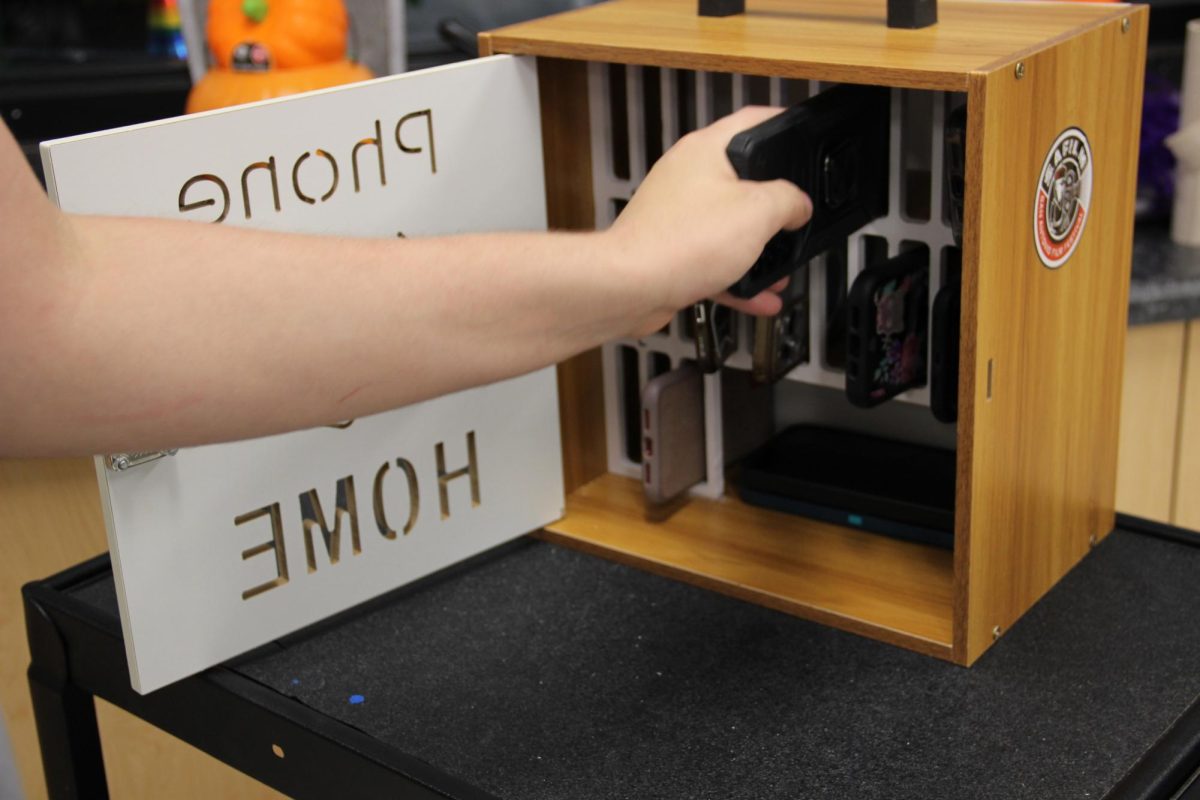With presidential elections right around the corner, the country is facing a rise in political polarization and sentimentality. Although, as a student newspaper, we do not find the writing and publication of political articles fair (since they are not representative of the student body as a whole), that is precisely what we should discuss: the necessity for common ground.
This polarization, easily spotted on our media platforms, has also been visible in our school. Regardless of how much we are entitled to our freedom of expression, this privilege (one that should be a right, but globally, it is a privilege) has to have limits when your freedom inhibits others’.
“I just cannot accept how it’s easy for some people to stop talking to their friends because of who their parents are voting for,” said Speech team-leader, Senior Sofia Rocha.
Nowadays, we often see a lack of compromise and much division between different groups. From a psychological perspective, this can be understood through social identity theory, which suggests that we associate ourselves with groups where we feel accepted and respected. In-group favoritism also plays a role, as we naturally tend to favor our own group over others, which can create further divisions. On top of that, confirmation bias leads us to seek information that confirms what we already believe, making it hard to find common ground. Although these are just some reasons behind what we experience, this is not to undermine our opinions in any way. However, it should be a way to self-assess the way you present yourself and a reason to catalyze empathy.
If The Statesman cannot, and for good reasons, publish written opinionated articles regarding political vision and association, neither should Churchill, as a school, project an air of division. Indeed, our school is diverse; however, diversity stops being a topic to celebrate when such diversity is separated. In other words, if we all sit with our cliques and never find common ground with those who hold different views, we are not diverse— we are not respectful; we are just downright ignoring others.
“Being heard by others who hold different opinions than you, and hearing them back, is how we learn in the first place,” said Speech award-winning, Senior Matthew Grant. “For example, I have come to understand that Speech is more about listening to others than about talking.”
Yes, it’s election season. As young adults who should be versed in politics and social affairs as part of our education and as part of our way to develop a personality, having political opinions that you’re passionate about should be celebrated. But as the young generation who are about to get a say in what this country will represent, let’s have empathy and understand our guiding principles.
Losing friends, family members, and an enjoyable school community to a president does not seem very demure, guys.

